Questions and Answers about Mask
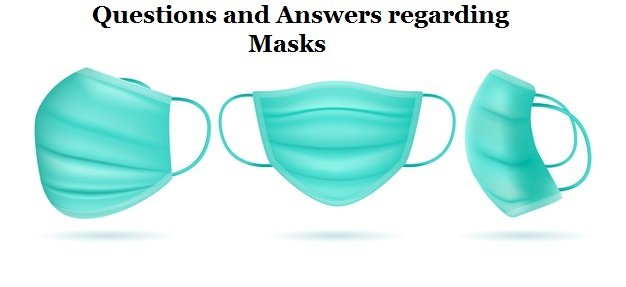
In this corona crisis, there are lot of confusions and misconceptions about the use of mask, not only amongst the general public but also among the health care providers. People are using masks without knowing their purpose , benefits and harm.
That’s why masks are not available for the actual risk group because people are spending lot of money and sources to collect and store theses masks.
Here we are putting some questions and their answers, which will clear all your doubts and misconceptions about using masks.
Frequently asked questions about mask:-
- What is mask?
A mask is personal protective object worn on the face which at least covers nose and mouth. A mask is used to prevent the spread of respiratory infection.
- What are the common types of masks?
There are commonly two types of masks one is cloth mask and others are surgical masks.
- Can we wash mask and re-use?
Fabric masks or cloth masks can be washed and re-used but surgical masks can’t be re-used because the filter will be blocked by pollution or airborne particles. Surgical masks are disposable and for single use .
- What are the Respirators?
A respirator is a device designed to protect the wearer from inhaling hazardous particles such as dusts and airborne microorganisms, as well as hazardous fumes, vapours and gases.
There are 3 types of respirators available which are N95, N99 and N100.
- What is the difference between mask and respirators?
Surgical masks are loose fitted and blocks only large airborne particles and large droplets. During inhalation and exhalation , air can move along the edges of mask.
While respirator are designed in such a way that they are tight fitted and block small airborne particles. Most of the times air passes only through its material after filtration.
- Are all respirator masks are same?
No, respirators are graded according to their filtration efficiency.
According to the efficiency of filtration these are usually graded as- 95, 99 and 100.
Means these respirator masks are capable of trapping and blocking 95%, 99% and 99.9% of particles respectively .
- What is the meaning of N,R or P written over mask?
N- Not oil proof
R- Oil resistant
P- Oil proof
- What is the use of valve on respirator?
This valve is exhalation port with one way valve mechanism, it reduces effort of expiration, reduce heat inside the mask, dissipate humidity and reduce CO2 level insie mask.
- When to use surgical masks?
Surgical mask or procedure mask is the most common mask used by health workers. It is used to block only large particle droplets, large airborne particles. It also prevents from splashes. It also reduces the exposure of saliva and respiratory secretions to others.
- What is the filtration capacity of surgical mask?
It can vary between 10-90% according to the manufacturer.
- How can we assure about the quality of mask?
Mask should be certified by the NIOSH (National institute for occupational safety and health) or NPPTL (National personal protective technology laboratory).
- Are cloth mask effective?
Cloth is a woven material thus pore size is bigger than surgical mask which is made up of non woven polypropylene material thus cloth mask is less effective than surgical mask in terms of filtration efficiency.
- Does extra layer improve efficacy of cloth mask?
No, it's not advisable. Each extra layer adds only 2% of extra protection on the cost of comfort.
- Can surgical/cloth mask be used routinely?
Yes, these masks can be used routinely. Few studies done on normal population concluded that the use of simple mask can decrease the incidence of flu up to 75%.
- What are the WHO recommendations for using masks?
- For the normal population, any type of mask is not required; Maintaining the social distance and hand hygiene are more important.
- Sick person should wear surgical mask.
- Any person who is taking care of sick person should also wear the surgical mask.
- N 95 mask should be used by the health personnel when there is potential to get expose with the respiratory secretions of the infected patient because of aerosol generations eg. During the Endotracheal intubation, CPR, Ventilation, Bronchoscopy and Tracheostomy etc.
- What if I don’t have mask?
According to CDC everyone should take routine prevention to prevent the spread of viruses. Follow these steps:-
- Stay away from people who are sick.
- Avoid touching your eyes, nose and mouth with dirty hands.
- Cover your mouth with tissue or bend elbow during coughing and sneezing.
- Stay home and do not go crowded public area if you are sick.
- Wash your hands regularly.








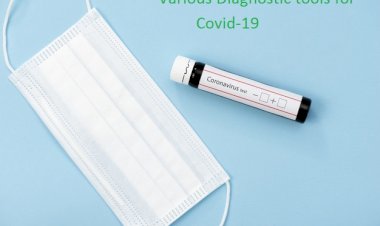

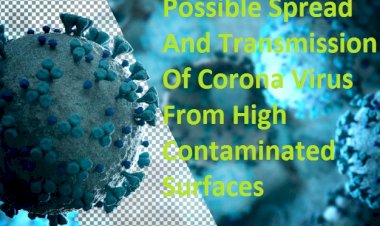





















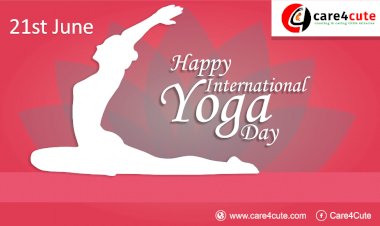
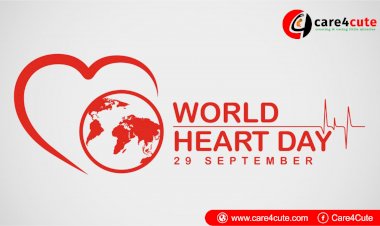
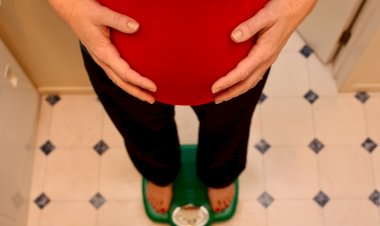




Comments (0)